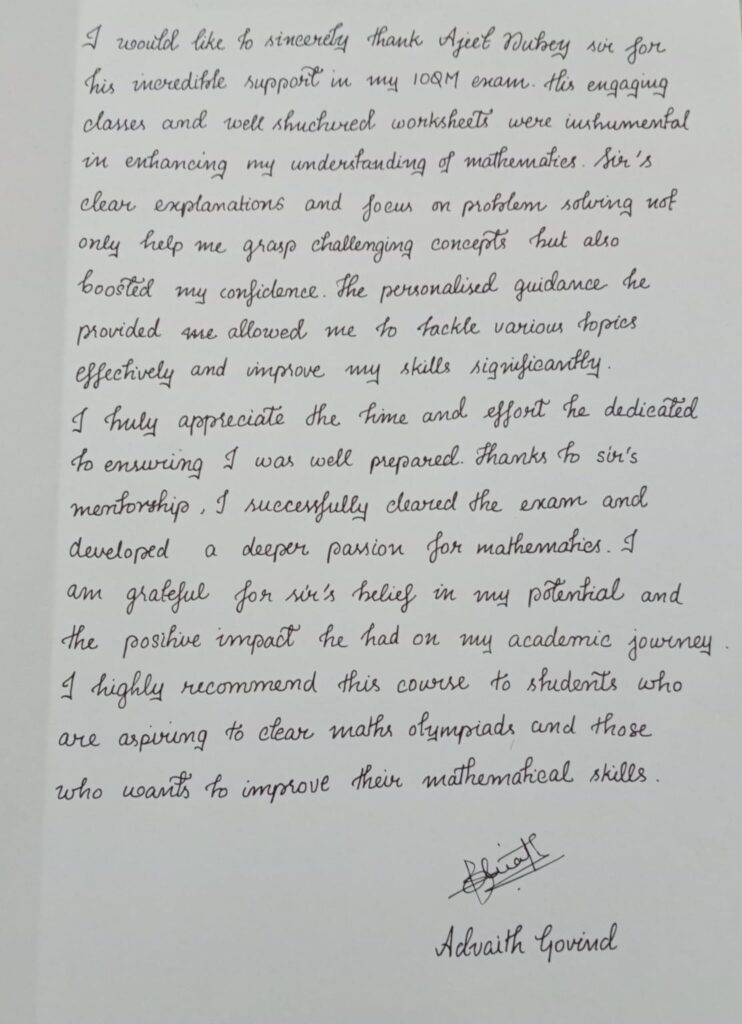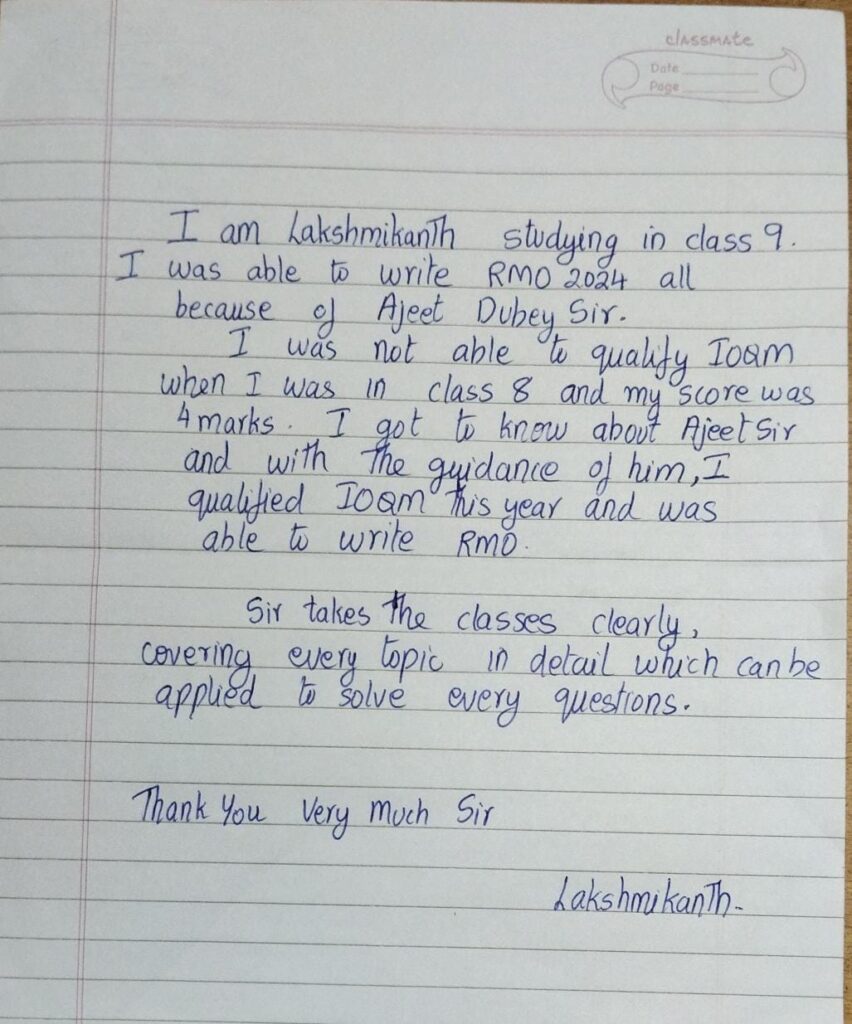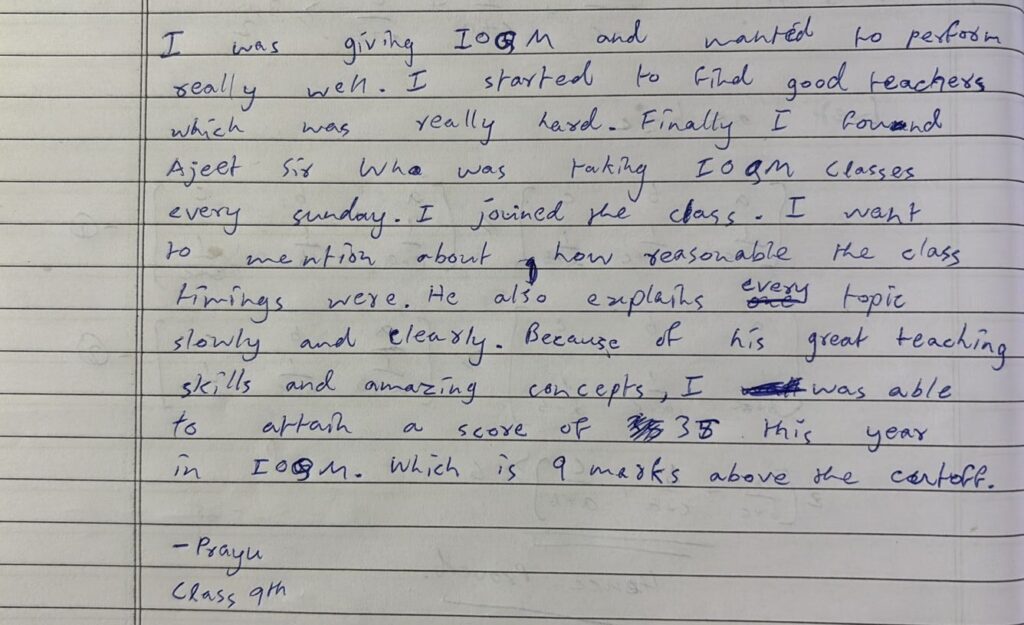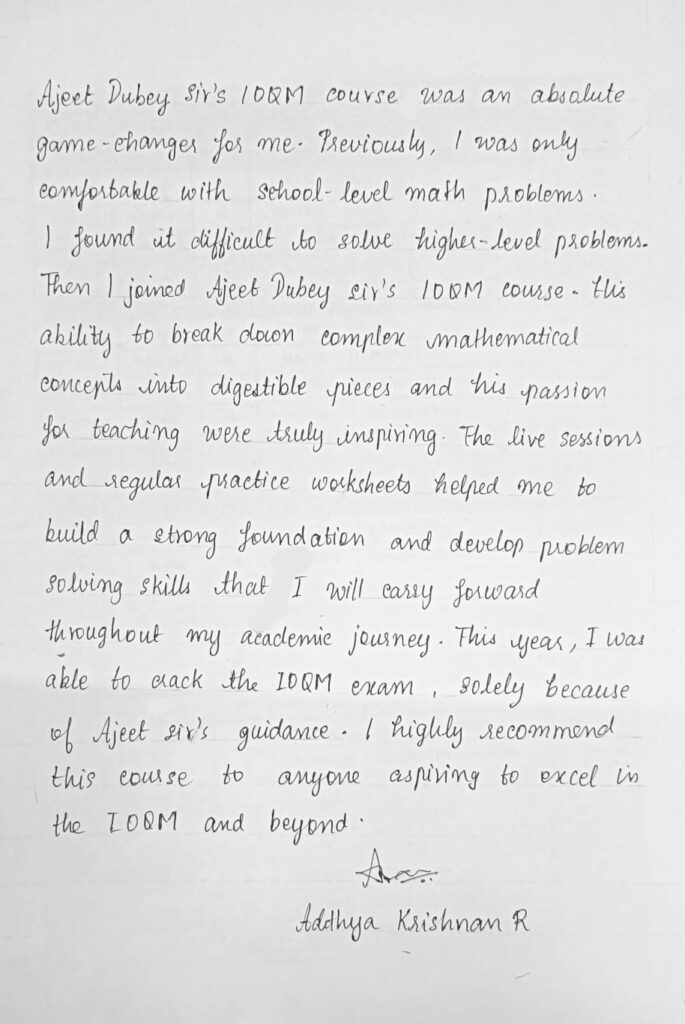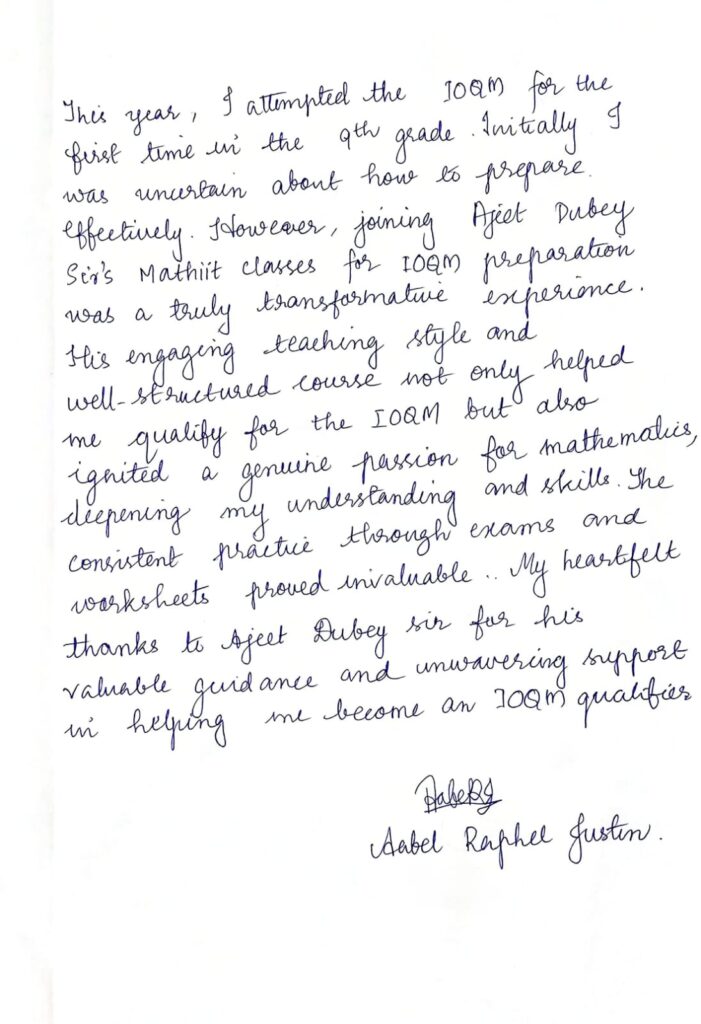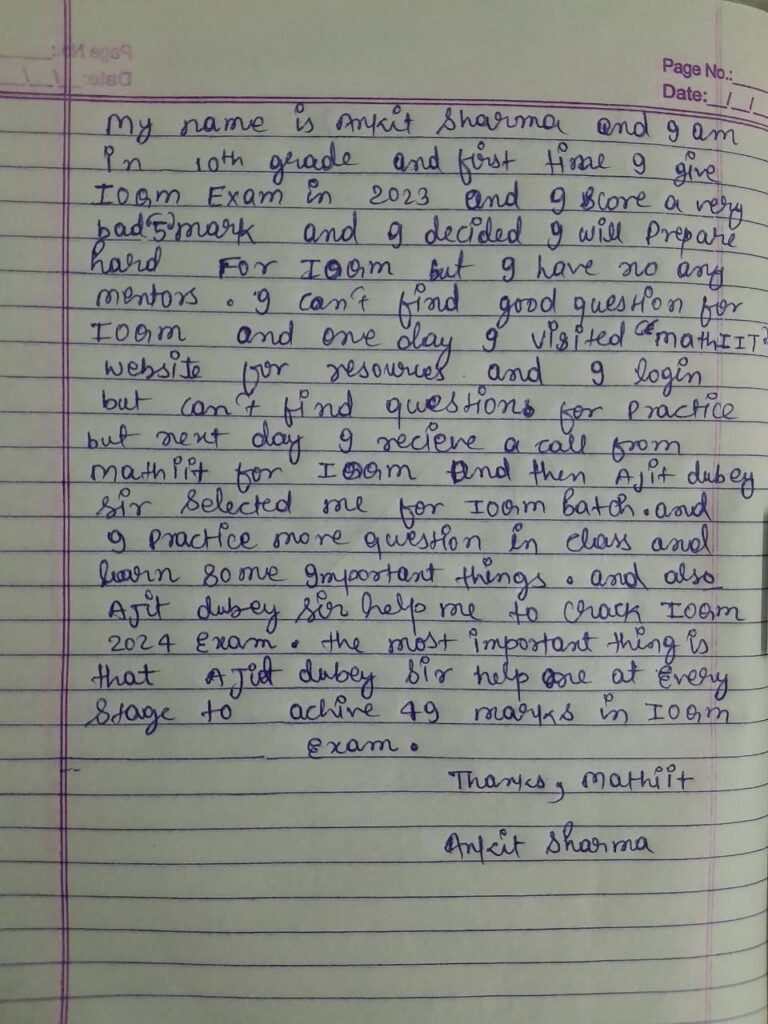Cracking the IOQM: Mastering Essential Math Concepts for Success
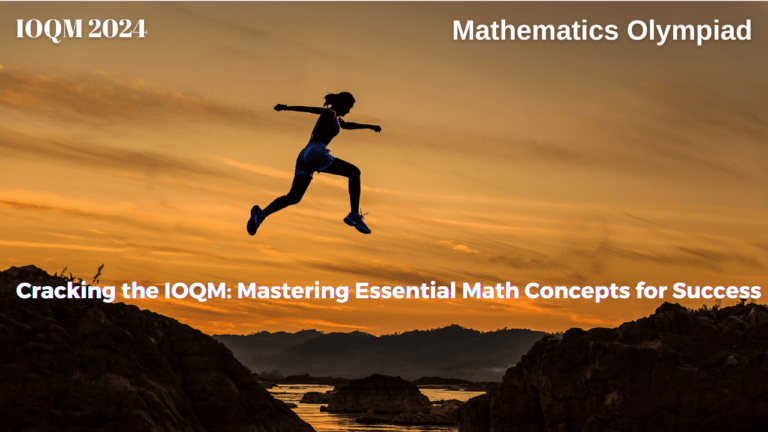
Title: Understanding the Key Concepts Involved in the IOQM Exam
In the realm of competitive mathematics, the Indian Olympiad Qualifier for Mathematics (IOQM) stands out as a significant milestone. This challenging examination serves as a gateway for young mathematical enthusiasts to showcase their skills and pave their way to prestigious competitions like the International Mathematical Olympiad (IMO). In this comprehensive article, we will delve into the core concepts that form the bedrock of the IOQM exam. From number theory to algebra, coordinate geometry to combinatorics, we will explore these concepts in detail, providing you with a solid understanding to excel in this demanding competition.
Introduction
The IOQM, formerly known as INMO, is an examination that evaluates the mathematical aptitude and problem-solving abilities of students. To perform well in this exam, it’s crucial to grasp the fundamental concepts that underpin various mathematical disciplines. Let’s start by breaking down these concepts one by one
Number Theory
Number theory is a foundational branch of mathematics that deals with the properties and relationships of numbers, especially integers. In the IOQM, number theory questions often involve topics like divisibility, prime numbers, modular arithmetic, and congruence. Mastering these concepts is essential for tackling the challenging number theory problems that may appear on the exam.
Algebra
Algebra forms another vital component of the IOQM syllabus. It encompasses topics such as equations, inequalities, polynomials, and functional equations. Proficiency in algebraic concepts is crucial for solving complex mathematical problems efficiently.
Coordinate Geometry
Coordinate geometry is the study of geometric figures using the coordinate system. Understanding concepts like lines, circles, parabolas, and distance formula in the context of coordinate geometry is important for IOQM aspirants.
Combinatorics
Combinatorics deals with counting, arranging, and selecting objects. Questions related to permutations, combinations, and the pigeonhole principle are common in the IOQM. Understanding the principles of combinatorics is essential for solving intricate problems in this category.
Inequalities
Inequalities are mathematical expressions that describe the relative size or order of two objects. The IOQM often includes questions that require students to prove various inequalities using creative approaches. A solid foundation in inequalities is vital for success.
Functional Equations
Functional equations involve functions and their relationships. The IOQM may present problems that require solving functional equations, making it crucial for aspirants to be comfortable with these concepts.
Graph Theory
Graph theory deals with the study of graphs, which are mathematical structures used to model relationships between objects. While not a primary focus of the IOQM, a basic understanding of graph theory can be advantageous in solving certain problems.
Conclusion
In conclusion, excelling in the IOQM exam requires a comprehensive understanding of various mathematical concepts. From number theory to algebra, coordinate geometry to combinatorics, these concepts form the foundation upon which challenging problems are built. By mastering these core concepts and practicing extensively, aspiring mathematicians can significantly enhance their chances of performing exceptionally well in the IOQM, paving the way for further mathematical achievements on the global stage. So, roll up your sleeves, dive into these concepts, and embark on your journey towards mathematical excellence. Good luck!

